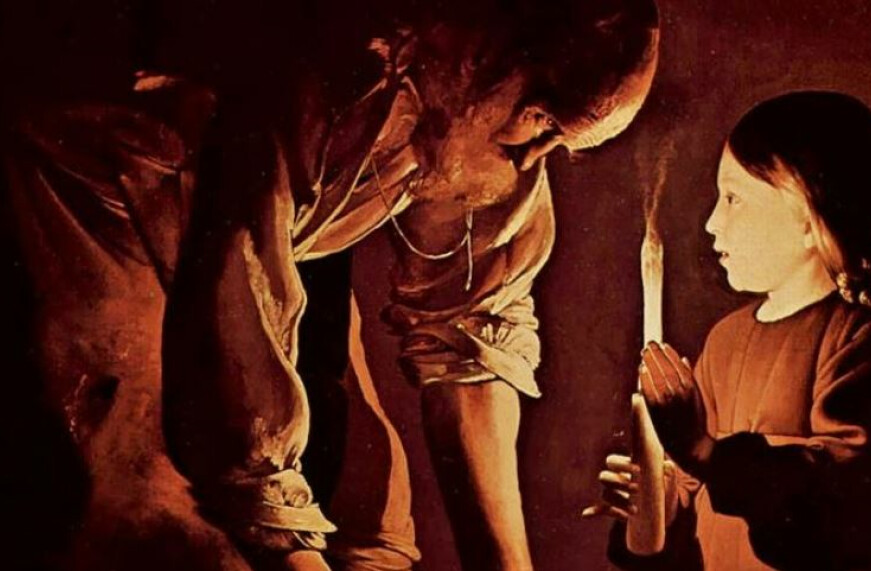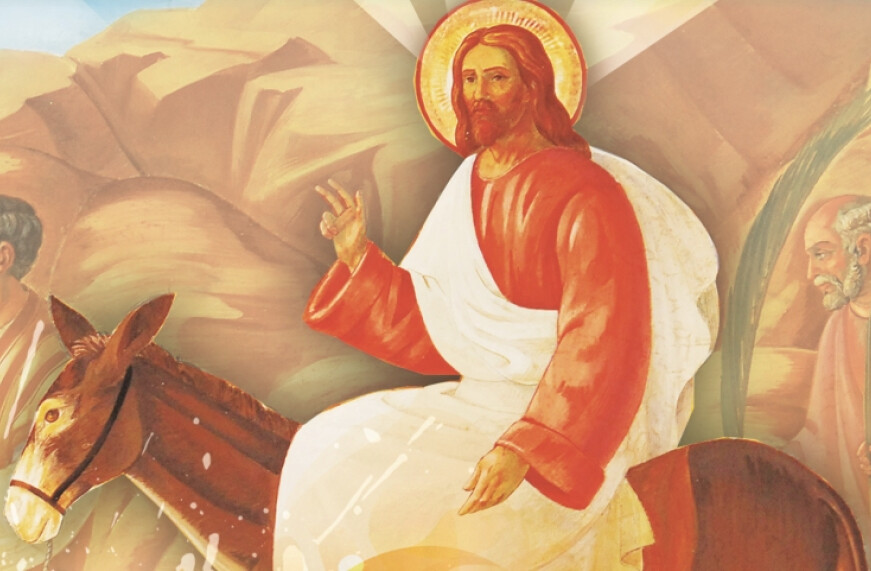Our theme for the new school year, “Go to Joseph,” invites us to draw inspiration and strength from
Saint Joseph, the steadfast guardian of the Holy Family, who faced life’s uncertainties with unwavering faith and quiet resolve.
Saint Joseph, the earthly father of Jesus and husband to Mary, serves as a model of perseverance and dedication. His life is a testament to the virtues of courage, commitment, and steadfastness—qualities we are called to embrace as we move through this school year. Just as Saint Joseph approached his role with resilience and grace, we are invited to reflect on how we can embody these virtues as supporters of our students, teachers, and the school community. Saint Joseph’s qualities resonate deeply with the role of a teacher. Our dedicated teachers nurture, guide, and protect our students, and they are an invaluable resource to our parish community.
I am deeply honored to serve as your principal and am committed to two primary goals: doing what is best for our students and ensuring their safety. Our school’s mission of inspiring minds, developing character, and seeking Christ is not only our guiding mission for our educational approach but also shapes my daily work and personal conduct. It is this mission that guides me within our school community and beyond.
Meeting our families, students, and teachers during the first week of school has been a true joy. The enthusiasm and warmth with which everyone has welcomed the new year are extraordinary. Our youngest learners’ smiles as they hopped out of the car for their first day remind me of the childlike faith we all strive for. Our middle school students’ leadership is a testament to the strong education and character development at our school. I am excited about the possibilities this year holds and am inspired by the vibrant community that makes St. Dominic Catholic School so special.
I invite everyone to pray for our teachers as they take on the important task of educating and inspiring our students. Their work, much like Saint Joseph’s, is characterized by dedication, patience, and love. May his example of steadfastness and faith inspire us all to approach our roles, whatever they may be, with the same commitment and resolve.
Please know that my prayers are with our parish and school communities. Together, let us create an environment where hope and resilience flourish, so our students can thrive and grow in their own journey of faith and learning at St. Dominic Catholic School.



